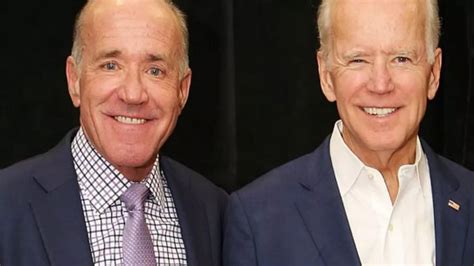Today, Joe Biden’s 1976 Africa junket is best remembered as the scene for the president’s discredited claim that he was arrested “on the streets of Soweto” in apartheid South Africa when trying to see civil rights leader Nelson Mandela.
At the time, though, the trip generated scrutiny for another reason—Biden’s use of federal funds, and the decision to have his brother tag along in lieu of staff. Biden’s political rivals claimed the trip highlighted the senator’s corrupt tendencies. The trip even drew the eyes of the State Department, where Henry Kissinger spent his last day as secretary combing over Biden’s receipts, previously unreported State Department cables show.
Biden treated the trip more like a vacation. He opted not to bring any members of his staff, as is common for congressional junkets, and instead arranged for Frank to join. Biden obtained special permission from the State Department to bring him. Records obtained through a Freedom of Information Act request show that Frank Biden did not have a passport before the trip, and a State Department cable indicates he was issued one three days before his departure.
New @FreeBeacon: The trip where Biden said he was arrested trying to see Mandela was more like a vacation with his brother. Never before seen State Department cables reveal that Henry Kissinger spent his last day in office scrutinizing Biden's expenses https://t.co/A9WAPHHw6X
— Joe Gabriel Simonson (@SaysSimonson) April 29, 2024
“Senator Joseph R. Biden Jr. Traveled with [Congressional delegation Rep. Charles Diggs (D., Mich.)] … Would appreciate embassy cabling amounts returned and pouching xeroxed copies of recipients,” Kissinger wrote to the U.S. embassies in Dakar, Freetown, Nairobi, and the American consulate in Cape Town on Jan. 19, 1977.
Joseph Simonson at the Washington Free Beacon has more on this incredible story which reveals just how little Biden was trusted way back then.
